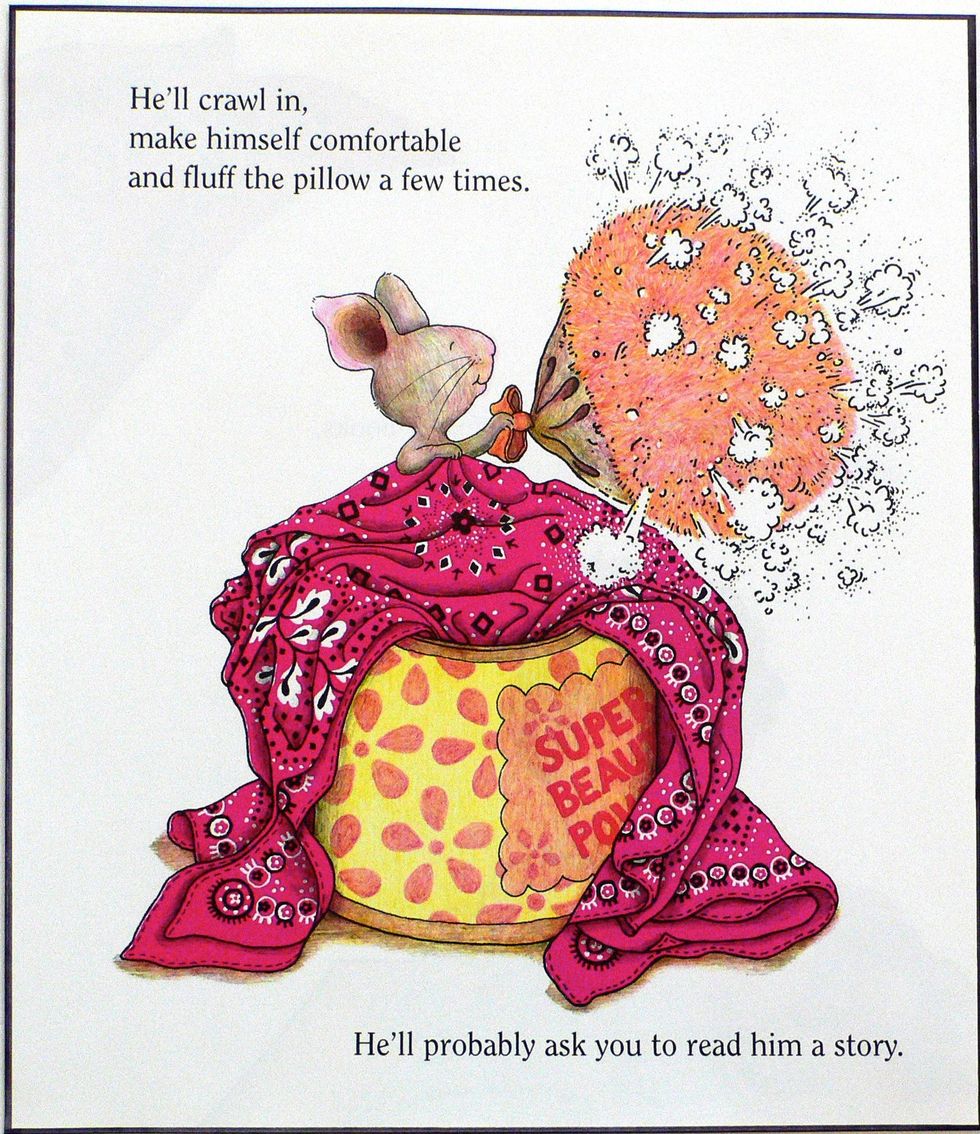In one of his final opinions as a Supreme Court Justice, Hugo Black in the 1971 Pentagon Papers case wrote that "The Government's power to censor the press was abolished so that the press would remain forever free to censure the Government." If the Government is not permitted to censor the press, why should schools be allowed to continue to do the opposite?
Freedom of Speech and Press are among the founding principles of this great nation. It is one of the reasons we became an independent state. “Congress shall make no law... abridging the freedom of speech, or of the press....” (Amendment 1), the statement mentions some of the values that the Founders saw as inherent in the principle of freedom of the press: the search and attainment of truth, scientific progress, cultural development, the increase of virtue among the people, and the strengthening of community.
In this day and age, students develop and express strong opinions. However, those opinions or views may not necessarily “reflect well” on the institution from which they are stemming from. Censorship is defined as, “The system or practice of censoring unacceptable material such as: books, movies, letters, etc.” How are schools able to determine what is acceptable or unacceptable without being unfair to the individual(s)?
On a smaller scale: Is it constitutional for school officials to censor a school-sponsored publication, such as a newspaper or a yearbook?
As reporters for student-run newspapers, student journalists take on the responsibility of informing the campus community about what's going on, whether it's the results of the latest football game, the success of a recent fundraiser or editorials expressing controversial opinions. A school newspaper gives student journalists experience informing their communities. However, many hit roadblocks when they become censored by the school administration. By this simple act, the school is discouraging curiosity, misinforming the public, and hindering creativity.
For example, the issue of censoring student newspapers has made it to the courts on many occasions:
“A student editor brought a case up against the Governor's State University school administration after a dean told the paper's printer not to actually print issues until a school official had given approval. In the 2005 judgment by the U.S. Circuit Court of Appeals, it was found that public school administrators did have control over student newspapers.” (First Amendment Schools).
Allow students to form their opinions, encourage development, and let them write!



 Photo by
Photo by  Photo by
Photo by  Photo by
Photo by  Photo by
Photo by 















